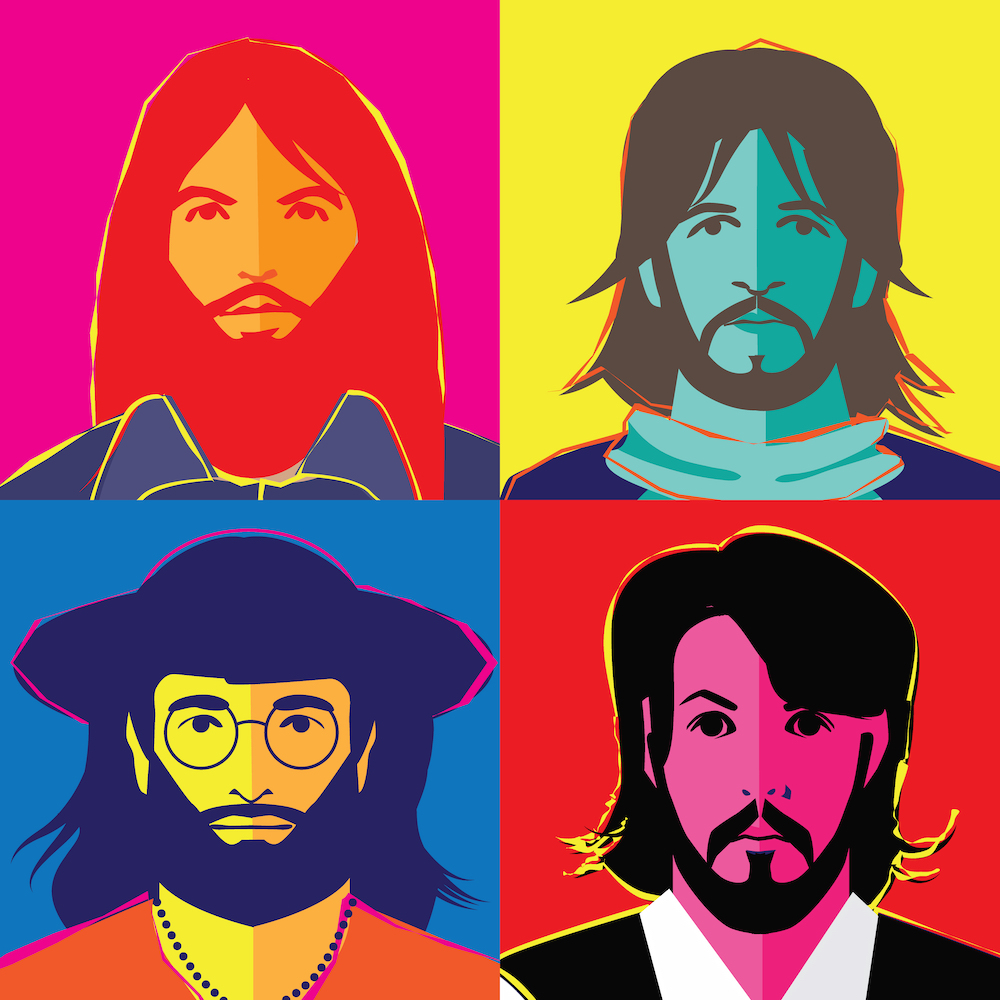
Fifty years ago, John Lennon and Paul McCartney, the songwriting duo for the Beatles, recorded the monumental Revolver, an album remembered as much for its message of disdain for the establishment, as for its catchy and popular tunes. The 1960s was a turbulent time in our country, a time of upheaval and experimentation, wherein the status quo was examined thoroughly and found lacking. John Lennon seemingly asked the question on everyone’s lips, when he questioned our existence on “Tomorrow Never Knows,” the last track on the seminal record.
His lyrics echoed the “Turn on, tune in and drop out” mentality espoused by Dr. Timothy Leary and put into practice by Ken Kesey and The Merry Pranksters during their “acid tests.” The attitude came to define the era and the introduction of LSD to the counterculture, whose educated and cultured minds would eventually invent the Internet, changed the course of history in the USA. Discovered in 1943 by Swiss scientist Albert Hofmann, LSD, through pop culture, took on a life of its own.
“Revolver taught us how to think about things,” Russell Reising, who authored Every Sound There Is: The Beatles’ Revolver and The Transformation of Rock and Roll, told TIME. He credits Revolver as being the catalyst that helped LSD cross over, pushing it into the mainstream. After experimenting with LSD, the Beatles went from international superstars to cultural icons. The understanding they attained from acid opened up their minds and helped them to cement their legacy. But society as a whole gained other benefits from the drug.
“Antidepressants, triptans. None of these drugs probably would have been discovered as soon as they were if LSD hadn’t been discovered,” David Nichols, a researcher in the field of psychedelics, told TIME. He believes more research is needed to determine the positive effects, if any, of LSD use. The drug has been used to bring back repressed memories by psychiatrists, to an interrogation and mind control tool by the military. Some scientists have even experimented with LSD to combat alcoholism. But with the drug reclassified by the DEA, as Schedule I in 1970, all research was halted, until recently.
“People can participate now in the return of this research after all this time,” Brad Burge, from the Multidisciplinary Association for Psychedelic Studies (MAPS), told TIME. As marijuana goes mainstream—just like yoga and other New Age practices of the ’60s counterculture—researching LSD for medicinal value has become en vogue again. “Even though we’ve had to wait over 40 years to have research catch up, it’s a very exciting moment,” said Burge.
